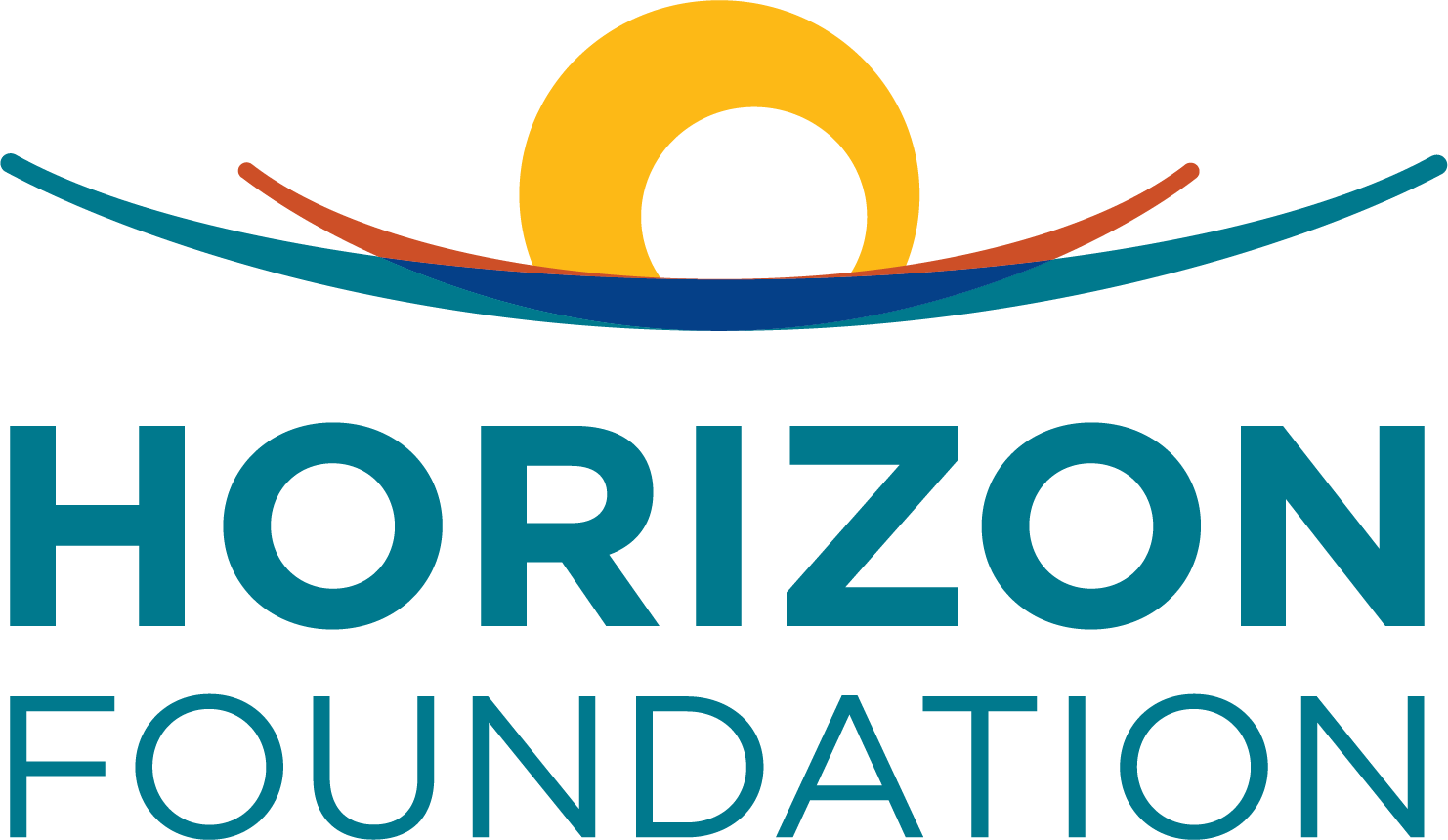2015 Grants
Grants Awarded in 2015 include:
Association of Community Services: $5,000 to present the 2016 Nonprofit Leadership Series to improve the capacity of nonprofit organizations in Howard County to successfully engage in strategic planning, marketing and fundraising efforts for critical long-term sustainability.
American Academy of Pediatricians – Maryland Chapter: $88,017 to implement a Practice Transformation in Prevention of Childhood Obesity in Howard County program for pediatricians in Howard County and Baltimore City to receive education, resources and patient resources for childhood obesity.
Foreign-born Informational and Referral Network (FIRN) Inc.: $35,000 to expand its Promotores de Salud (Community Health Workers) health care, wellness and prevention program, which provides Hispanic families in Howard County with tools to live healthier lifestyles. The program also provides linguistic and culturally sensitive services.
Ellicott City Soccer Club/Fusion Partnerships: $40,000 for the Healthy Play program, which demonstrates nutritional education on and off the soccer field to children taking part in a youth soccer program, enabling healthy lifestyles for a lifetime.
Gilchrist Hospice Care*: $150,000 to implement the “Our Elders Howard County” program, which provided a nurse practitioner, case manager and primary care physician for homebound patients to result in improved comfort, management of chronic diseases and reduced visits to the hospital and emergency department.
Howard County Community College: $166,691 to implement a Medical Interpreter Certificate program to non- and limited-English speaking residents increase access to health care by building a workforce of certified medical interpreters.
Howard County Economic Development Authority: $58,000 to support The Roving Radish, a low-cost meal delivery program that delivers regional fresh food kits to convenient locations throughout the county.
Howard County Public School System*: $250,000 to revamp the food and nutrition program in three pilot schools by promoting healthful eating, providing fresh fruits and vegetables, creating innovative menus and recipes and improving the appeal and nutritional content of school lunches; $50,000 to explore opportunities for students to participate in a broad range of physical activity during afterschool activities.
Johns Hopkins University: $10,000 for the Center for a Livable Future to conduct an analysis identifying areas with a high concentration of unhealthy sources of food; collecting and coding food stores and prepared food locations; mapping and analyzing data to identify areas with high unhealthy food concentration; and creating multiple maps to show food swamp areas and demographics.
Leadership Howard County: $10,000 to support Leadership Howard County’s 30th Anniversary Legacy Campaign, which will sustain the organization for future generations and ensure the availability of financial assistance and the quality of signature programs.
Maryland State Conference of the National Association for the Advancement of Colored People (NAACP): $10,000 to provide advocacy and education to the Sugar Free Kids Maryland coalition, which supports the effective passage and implementation of statewide local policies that reduce improve health for children in Maryland, especially policies that reduce sugary drink consumption.
National Family Resiliency Center: $7,500 to implement a day-long multidisciplinary conference, entitled “Family Transitions: Problems, Solutions Policy.” Participants included 300 professionals working in multiple systems with families in transition to identify and discuss concerns, develop and share strategies that can support professionals and families.
People Acting Together in Howard*: $150,000 to create a Youth and Community Health Campaign that focused on gathering feedback from 2,000 residents to identify new community health issues and develop a public policy agenda in Howard County, and to work to promote healthy habits among members.
Way Station, Inc.: $73,000 to launch a Howard County Rapid Access Pilot Program, which is designed to provide adults with access to urgent, outpatient mental health services within 24-48 hours for those in need of immediate access to short-term, psychiatric, problem-focused intervention and care.
*Denotes Multi-Year Grant

